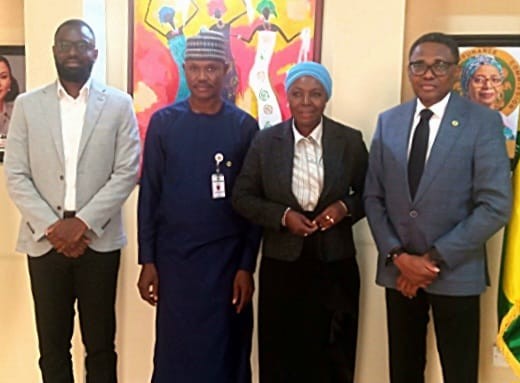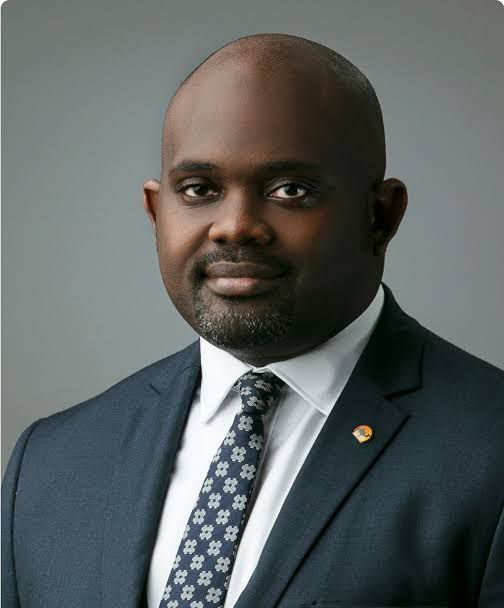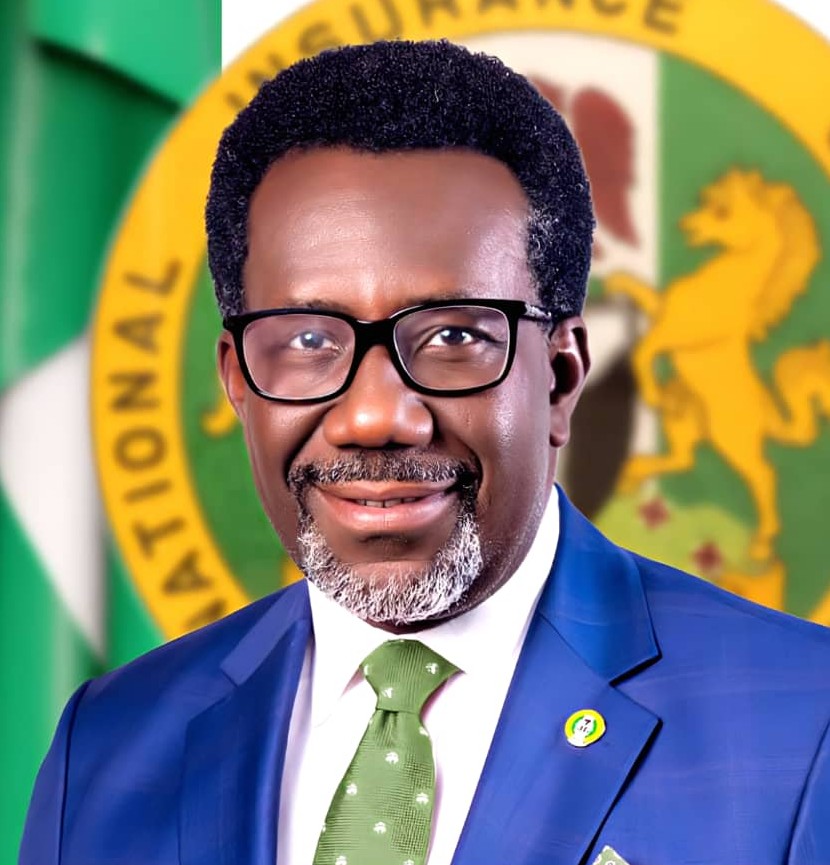The Nigerian National Petroleum Corporation (NNPC) says it will rebuild damaged roads under the road infrastructure tax credit (RITC) scheme.
Mele Kyari, group managing director of NNPC, made this known during an engagement with stakeholders in Abuja on Tuesday.
This is coming two days after the National Union of Petroleum and Natural Gas Workers (NUPENG) called off its planned strike action over the “shameful state of roads in the country”.
NUPENG had decried the loss of its members and properties to dilapidated roads — but NNPC appealed to the union to shelve the planned strike so as not to affect energy security.
During the meeting, the corporation said the engagement is part of efforts to provide lasting solutions to dilapidated roads across Nigeria and sustain the current smooth supply and distribution of petroleum products nationwide.
Kyari said stakeholders agreed on a framework for NNPC’s intervention in critical road rehabilitation through the RITC scheme.
“We are committed to utilising the federal government’s tax credit scheme to rebuild some of the affected roads in line with Mr. President’s executive order 7,” Kyari said.
“Upon our fruitful deliberations today, the NNPC has pledged to support the PTD and NARTO in carrying out quick intervention fixes on some strategic bad spots identified to enable unhindered movement of trucks for transportation of petroleum products nationwide.”
The meeting, according to a statement signed by Garba Deen Muhammad, NNPC spokesperson, was attended by the Petroleum Tanker Drivers (PTD), the National Association of Road Transport Owners (NARTO), Department of Petroleum Resources (DPR), federal ministry of works, Federal Inland Revenue Service (FIRS), Department of State Services (DSS), Federal Road Safety Corps (FRSC) and NUPENG.
The NNPC said stakeholders also agreed to enforce mandatory installation of safety valves in all petroleum product trucks in the country effective February 1, 2022, with the full commitment given by NARTO.
The meeting also frowned at the abuse of axle load or tonnage limits, with the NNPC agreeing to engage the Nigerian Customs Service (NCS) for enforcement of preventing the importation of tanks that exceed 45,000 litres capacity.
The road infrastructure tax credit (RITC) scheme enables companies with high tax profiles to construct roads in a negotiated agreement with the federal government to provide the infrastructure instead of taxes.
It is a public-private partnership (PPP) intervention that enables the Nigerian government to leverage private sector capital and efficiency for the construction, repair, and maintenance of critical road infrastructure in key economic areas in Nigeria.




